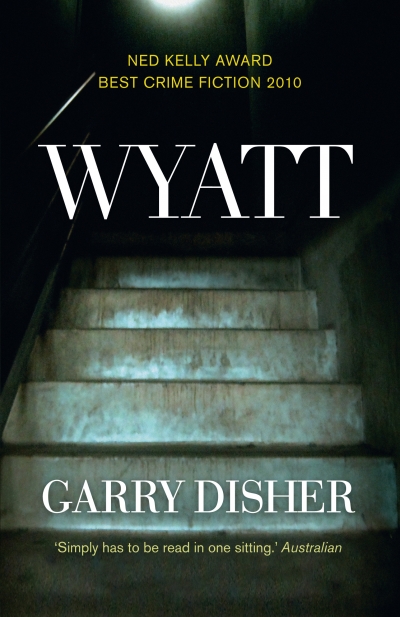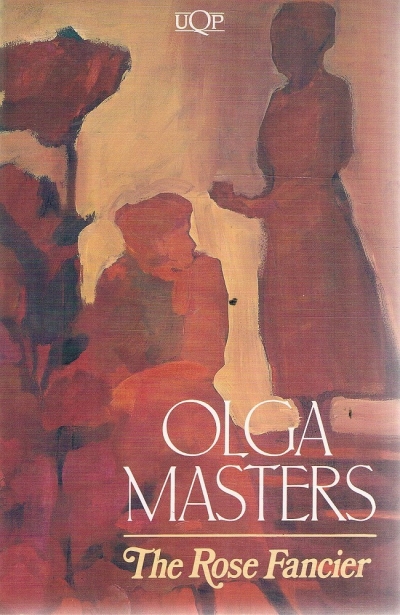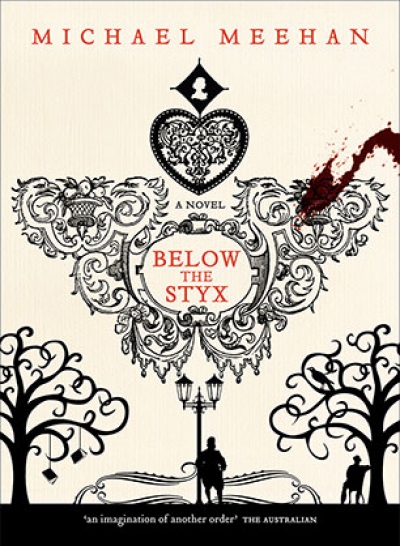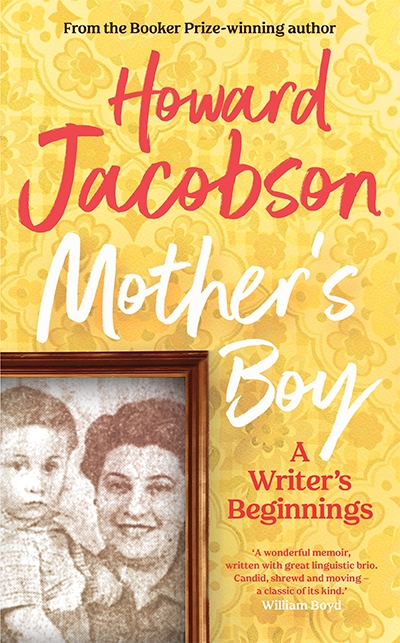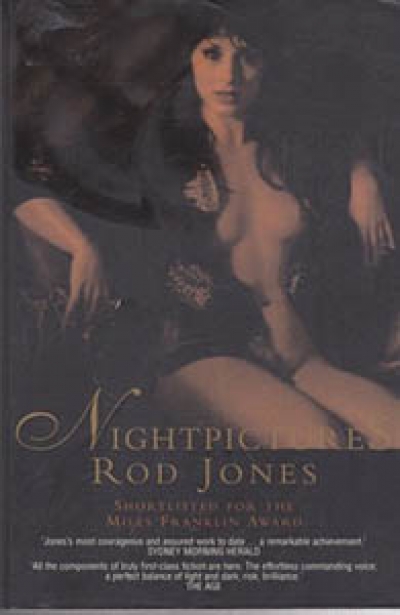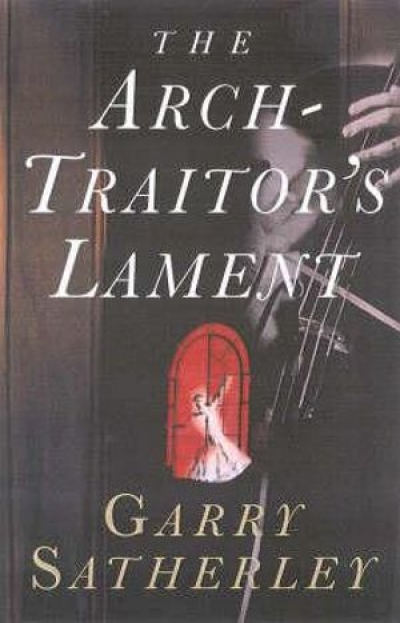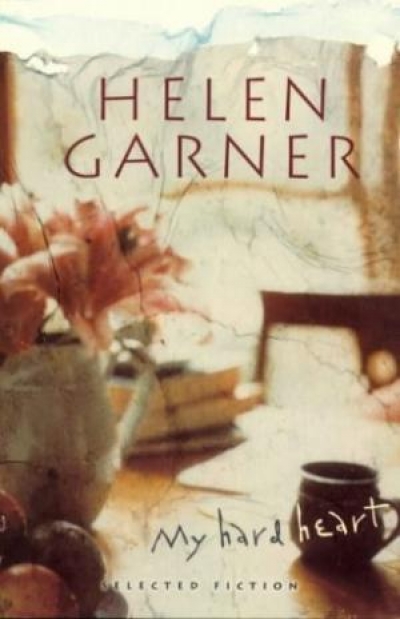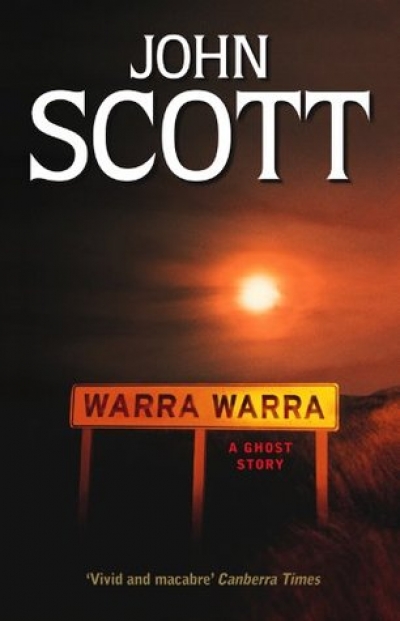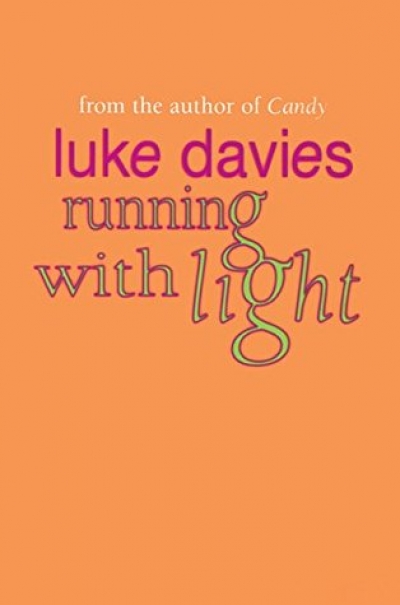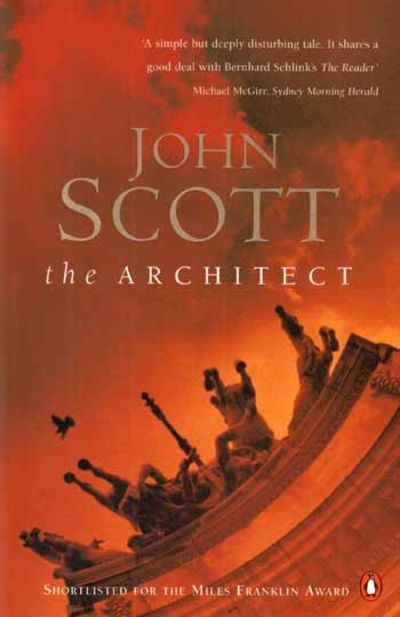Don Anderson
Don Anderson is the author/editor of eight books, collections of essays and reviews, and anthologies of prose, largely of texts from the Americas, Australia, and Europe. For fourteen years in the 1980s and 1990s he was a regular literary columnist in the National Times and the Sydney Morning Herald. He was for thirty years a member of the English department at the University of Sydney, where he taught American, Irish, and Australian literature, and literary theory. He was for some years a member of the Advisory Panel of ABR.
I first made the acquaintance of Olga Masters’s writing some years back when a judge of the NSW Premier’s Literary Awards, for which her collection of stories The Home Girls had been submitted. I was immensely impressed by the control, passion, and implicit violence of the stories, and was of the impression that the book should win. But another judge, of considerable seniority, carried the day ... (read more)
'What’s in a name?’ as C.J. Dennis and Shakespeare asked. Maybe much, as in nomen: omen – maybe naught, as in the case of the narrator Michael Meehan’s fourth novel, Below the Styx. For this chap’s name is Martin Frobisher, a distinctive name that rings several bells. Sir Martin Frobisher (c.1535–94) was an English navigator who made three attempts from 1576 to 1578 to discover the Nor ... (read more)
A Writer’s Beginnings begins: ‘My mother died today.’ One could be excused for thinking that one was reading not a memoir but a Campus Novel without the ‘p’, an experience that Howard Jacobson will suffer later in this book. Who could read this incipit without hearing the famous beginning: ‘Aujourd’hui maman est morte. Ou peut-être hier, je ne sais pas.’ Jacobson, on the other han ... (read more)
‘Kublai Khan does not necessarily believe everything Marco Polo … the young Venetian says when he describes the cities visited on his expeditions [yet] only in Marco Polo’s accounts was Kublai Khan able to discern, through the walls and towers destined to crumble, the tracery of a pattern so subtle it could escape the termites’ gnawing.’
Italo Calvino, Invisible Cities
A new novel from ... (read more)
The note from Text’s publicist read: ‘Hope you enjoy this.’ I did. I did. (I read it twice.) The note continued: ‘There’s no other Australian novel quite like it.’ I couldn’t quite bring myself to agree with that. Garry Satherley’s (as in ‘satherley buster’, no doubt) first novel suggests, to my perhaps over-convoluted consciousness, Murray Bail’s Homesickness, Anthony Macris ... (read more)
‘When a woman realises that she hates Madame Bovary, darling girl, that’s when she knows she’s come of age.’
What do we talk about when we talk about Helen Garner? About her writing, that is, about such a consummate novella as The Children’s Bach, about extraordinary stories such as ‘A Vigil’, in Cosmo Cosmolino, about the eponymous ‘Postcards from Surfers’, and a dozen othe ... (read more)
‘ … the dead stay everlastingly present among us, taking the form of palpable vacancies that only disappear when, as we must, we take them into ourselves.’
Harry Mathews, Cigarettes
John Scott began his publishing life as a poet of considerable distinction (albeit as John A. Scott, as the second edition of The Oxford Companion to Australian Literature will not let him forget) and then ... (read more)
Just when you have been assured, and have believed, and have claimed in print in The Sydney Morning Herald that mainstream publishers no longer bring forth volumes of verse by individual poets, along comes Allen & Unwin to confound you. Well, it is good thus to be confounded. I might not have pointed out, but the publishers remind us, over Luke Davies’ name and over his title, running with l ... (read more)
Is it possible to admire a novel, to have enjoyed it on both first and second readings, yet to remain unconvinced that one can with confidence say what it is about? Isn’t that rather the complex response that poetry excites? Here it might be noted that John Scott, who subtitles The Architect not ‘a novel’ but ‘a tale’, is a poet turned novelist, as is his friend David Brooks, of whose Ho ... (read more)

